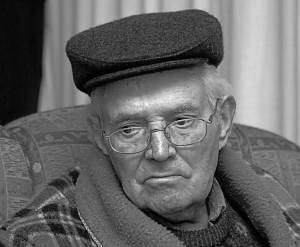 When a senior in San Marcos suffers injuries as a result of nursing home neglect or elder abuse, family members should know that this might not be a one-time occurrence. A fact sheet from the World Health Organization (WHO) emphasizes that nursing home abuse can be a single occurrence, or it can be repeated. In many situations, older adults are victims of recurrent abuse. What can you do if you are a senior and are being repeatedly victimized by an individual at your nursing home or assisted-living facility, or if you have an elderly loved one who is in this situation? In such cases, an elder or dependent adult abuse restraining order may be able to help.
When a senior in San Marcos suffers injuries as a result of nursing home neglect or elder abuse, family members should know that this might not be a one-time occurrence. A fact sheet from the World Health Organization (WHO) emphasizes that nursing home abuse can be a single occurrence, or it can be repeated. In many situations, older adults are victims of recurrent abuse. What can you do if you are a senior and are being repeatedly victimized by an individual at your nursing home or assisted-living facility, or if you have an elderly loved one who is in this situation? In such cases, an elder or dependent adult abuse restraining order may be able to help.
What is Required for an Elder or Dependent Adult Abuse Restraining Order in California?
According to a fact sheet from the California Courts, an elder or dependent adult abuse restraining order may be able to provide some protection to seniors who are suffering from nursing home abuse or neglect. In order to be eligible for one of these types of restraining orders, the elderly adult who is seeking the order must be at least 65 years of age, and must be a victim of one of the following:
 Southern California Nursing Home Abuse Lawyer Blog
Southern California Nursing Home Abuse Lawyer Blog


 Aggressive Encounters with Fellow Residents
Aggressive Encounters with Fellow Residents The motive in the killing is unclear. Both men were residents at
The motive in the killing is unclear. Both men were residents at 





